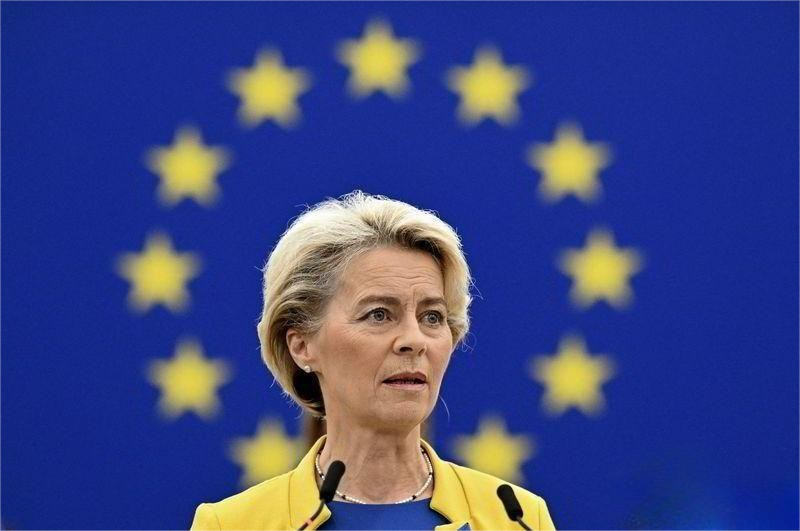The European Union plans to hold a pilot auction of 800 million euros ($865 million) of green hydrogen subsidies in December 2023, according to an industry report.
During the European Commission’s stakeholder consultation workshop in Brussels on 16 May, industry representatives heard the Commission’s initial response to feedback from the public consultation that ended last week.
According to the report, the final timing of the auction will be announced in the summer of 2023, but some of the terms are already a done deal.
Despite calls from the EU hydrogen community for the auction to be extended to support any type of low hydrocarbon, including blue hydrogen produced from fossil gases using CCUS technology, the European Commission confirmed that it would only support renewable green hydrogen, which still needs to meet the criteria set out in the enabling Act.
The rules require electrolytic cells to be powered by newly built renewable energy projects, and from 2030, producers must prove they are using 100 percent green electricity every hour, but before that, once a month. Although the legislation has yet to be formally signed by the European Parliament or the European Council, the industry believes the rules are too strict and will drive up the cost of renewable hydrogen in the EU.
According to the relevant draft terms and conditions, the winning project must be brought online within three and a half years after the signing of the agreement. If the developer does not complete the project by autumn 2027, the project support period will be cut by six months, and if the project is not commercially operational by spring 2028, the contract will be cancelled entirely. Support could also be reduced if the project produces more hydrogen each year than it bids for.
Given the uncertainty and force majeure of waiting times for electrolytic cells, the industry’s response to the consultation was that construction projects would take five to six years. Industry is also calling for the six-month grace period to be extended to a year or a year and a half, further reducing support for such programs rather than ending them outright.
The terms and conditions of power purchase Agreements (PPAs) and hydrogen purchase Agreements (Hpas) are also controversial within the industry.
Currently, the European Commission requires developers to sign a 10-year PPA and a five-year HPA with a fixed price, covering 100% of the project capacity, and to hold in-depth discussions with environmental authorities, banks and equipment suppliers.
Post time: May-22-2023

